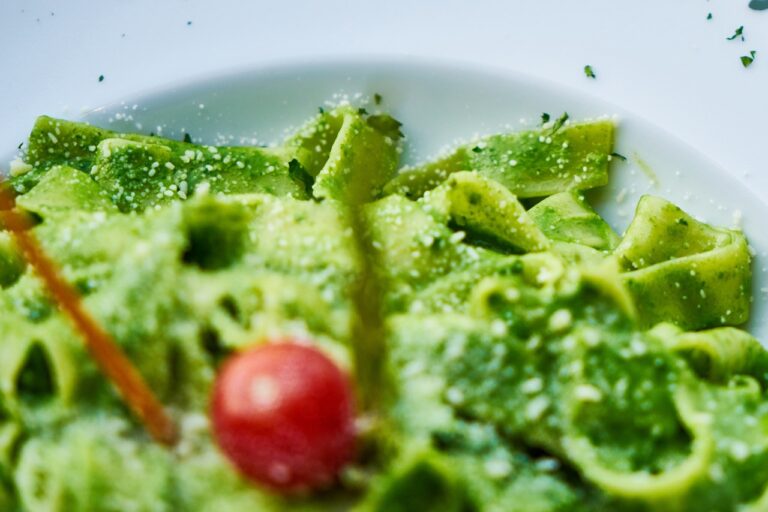The Impact of Social Media on Mental Health: Maintaining Balance
betbook250.com, 11xplay, yolo 247:The Impact of Social Media on Mental Health: Maintaining Balance
In today’s digital age, social media has become an integral part of our daily lives. We use platforms like Facebook, Instagram, Twitter, and Snapchat to connect with friends and family, stay updated on current events, and share our thoughts and experiences with the world. While social media has many benefits, it also has a dark side that can negatively impact our mental health if not managed properly.
Social media has been linked to feelings of inadequacy, anxiety, depression, and loneliness. When we constantly compare ourselves to others’ highlight reels on social media, we can start to feel like we’re not good enough or that we’re missing out on experiences. This can lead to a decrease in self-esteem and overall happiness.
Additionally, social media can be a breeding ground for cyberbullying and online harassment, which can have serious consequences on our mental health. Constant exposure to negative comments and messages can take a toll on our self-esteem and mental well-being.
Furthermore, the addictive nature of social media can lead to feelings of isolation and disconnection from the real world. Spending hours scrolling through our feeds can prevent us from engaging in meaningful face-to-face interactions and can lead to a sense of loneliness and detachment.
So, how can we maintain a healthy balance between using social media and protecting our mental health? Here are some tips to consider:
1. Limit your screen time: Set boundaries for how much time you spend on social media each day. Try to limit your usage to a few hours or less to prevent feelings of overwhelm and burnout.
2. Be mindful of your online interactions: Remember that what you see on social media is not always a true reflection of reality. Take everything you see with a grain of salt and don’t compare your life to others’.
3. Unfollow accounts that make you feel bad: If you find yourself feeling jealous or inadequate when you see certain accounts on your feed, it might be time to unfollow them. Surround yourself with content that uplifts and inspires you.
4. Take breaks: Schedule regular breaks from social media to give your mind a rest. Use this time to engage in activities that bring you joy and fulfillment, such as spending time with loved ones, exercising, or pursuing a hobby.
5. Seek support: If you’re struggling with your mental health due to social media use, don’t be afraid to reach out for help. Talk to a trusted friend, family member, or mental health professional about your feelings and experiences.
By taking these steps, you can maintain a healthy relationship with social media while protecting your mental health and well-being.
FAQs:
Q: Is social media always bad for my mental health?
A: No, social media can have positive effects on mental health as well. It can be a valuable tool for connecting with others, sharing experiences, and accessing support networks. The key is to use it mindfully and in moderation.
Q: How can I tell if social media is negatively impacting my mental health?
A: If you find yourself feeling anxious, depressed, or constantly comparing yourself to others on social media, it may be a sign that it’s negatively impacting your mental health. Pay attention to how you feel when using social media and make adjustments as needed.
Q: Should I delete all my social media accounts to protect my mental health?
A: Deleting your social media accounts entirely is a personal decision. If you find that social media is causing you more harm than good, it may be worth considering. However, you can also take steps to limit your usage and protect your mental health while still enjoying the benefits of social media.







